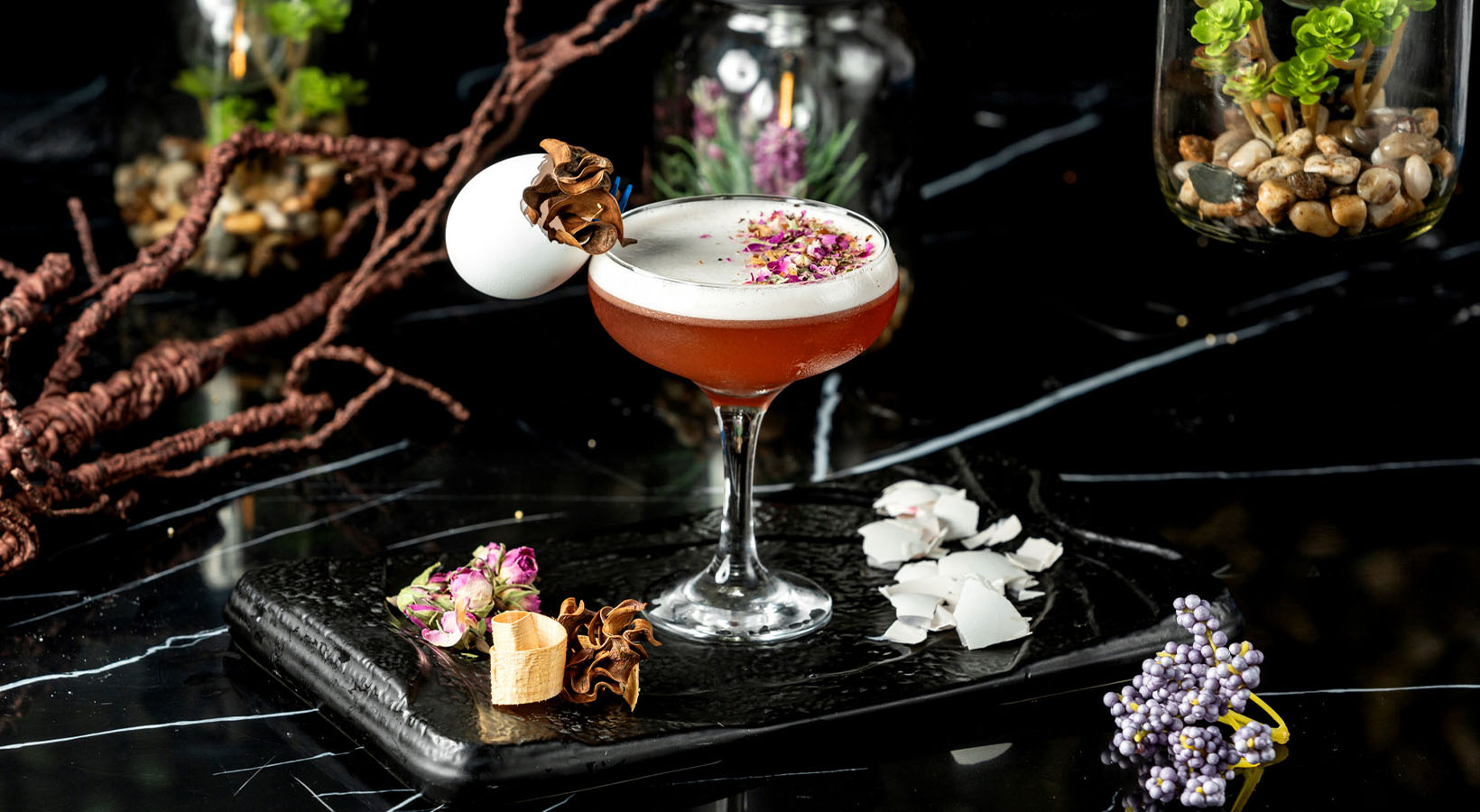
Here’s What You Need To Know About Serving Draft Cocktails
Draft cocktails have evolved from a passing trend, to an inevitable staple at trendy bars and popular restaurants across the UK. But what exactly is
Next Day Delivery
Are you thinking that you’ve got what it takes to open a bar? The hospitality industry can be pretty cut-throat and with Covid-19 causing the closure of many high-street bars, it’s important you know what you’re getting yourself in for!
In 2020, according to ONS data, there were 58 pubs per 100,000 people in the UK. Regionally, there was some variation. The South West had 75 pubs per 100,000 people whilst London had 40.
House of Commons Library
There are many people who dream of creating their own winery or bar, but this industry requires lots of hard work and planning to get off the ground. In this article, we’re going to discuss the ins and outs of how to open a bar, from creating a business plan to location and licensing.
As with any new business, starting with a business plan is an important first step – after all, failure to plan is planning to fail!
Going into business without a business plan is going on a mountain trek without a map or GPS support – you’ll eventually get lost and starve!
Kevin J Donaldson
Begin with some market research; look at the market you’re about to enter and perform some competitor analysis. Think about the vision you have in mind for your bar, and start coming up with the strategy on how to achieve this, outlining your short-term and long-term goals. You’ll need to create an outline of products you’ll offer (wine, beers, gins, cocktails etc) and any additional services (table/bottle service, karaoke, food, music), and think about your bar’s USP. What gives you the competitive advantage over other bars in the area?
Finally, you’ll need to consider the ‘boring stuff’- operations planning, any financial costs (do you require investment?) and revenue projections. Think about the price point you’ll be basing your bar at, and does this fit with your target demographic?
Your bar business plan will help you identify potential holes in the business model that can be addressed and resolved before opening to reduce risk of failure. You will refer to your plan over these first few months/years to see if you’re staying on track.
There are a number of online resources you can use to help get you started, but remember: don’t focus on minor details as these are likely to change!

The success of your bar will depend largely on its location. The competitor analysis and market research you did during your business planning will be useful when deciding on your location. It will also be a big factor when you look at your outgoing costs and pricing.
You’ll need to consider foot traffic, what your target audience is looking for and where they’re looking for it and how long you want people to stay in your bar. Does the concept and theme for your bar match your area demographic and target audience?
You’ll also need to think about your opening costs; if you’re based in a city, taxes will be higher (business taxes for a bar can vary from £3,250 to £6,500 per year depending on location). If you don’t own your building outright, you’ll also need to include your monthly rent in these costs.
Finding the right location is one of the most important aspects when you want to set up a bar. You might offer the best drinks, have the best hospitality and the best bartenders, but if your location is wrong, or people can’t find you, none of that will matter.
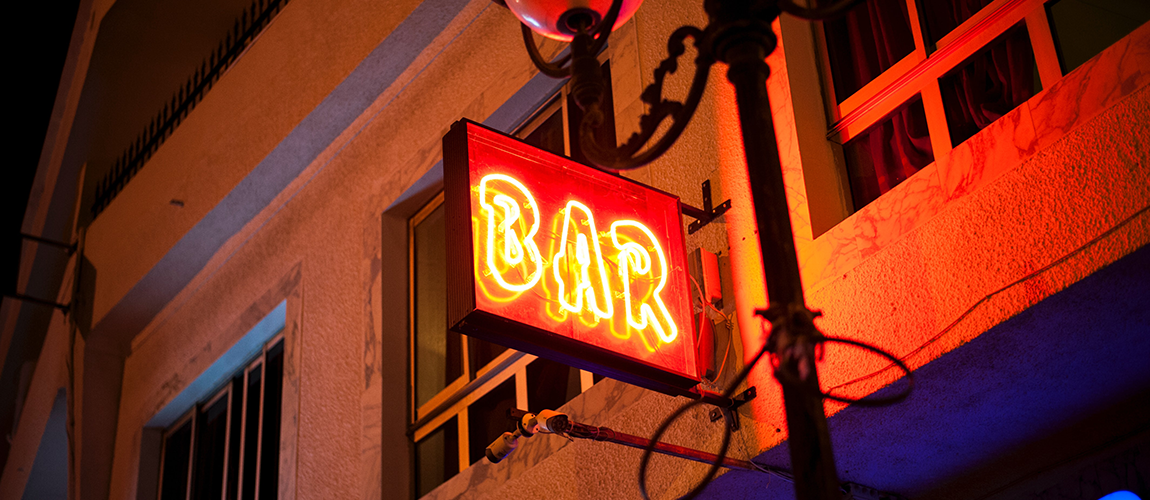
Licenses are full of conditions and clauses and it’s crucial you take some time to properly understand the specific licence you have. Your license is one of the most important parts of your business, after all, it allows you to sell your drinks to customers. Without it, you have no bar!
When reviewing your licence, you need to see what the opening hours are and if there’s any changes on public holidays. There may even be some licence stipulations due to trouble at your venue under the previous owner, so it’s important to have a good understanding of what the specific rules are for your venue.
Your licence will not only play a part in the rules around your venue, but also your food and drink rules. Legally, you must have a licence to serve alcohol, with application fees range from £100 to £1,905, depending on the fee band of your venue. Also, if you’re serving hot food and drinks between 11pm and 5am, you need to make sure you get the right licence for that too. Your licence will also outline whether you can play music, show a film, allow indoor events or live music. Not having the relevant licence can affect the validity of your insurance so it’s important to check these thoroughly!
A premises licence is also required if you provide hot food and drinks between 11pm and 5am, and if you provide the following forms of regulated entertainment, either for profit or for charity:
Our advice is to read through your licence thoroughly before committing to any sort of agreement. If you don’t understand the licence, we recommend you speak to someone who does or start undertaking some thorough research.
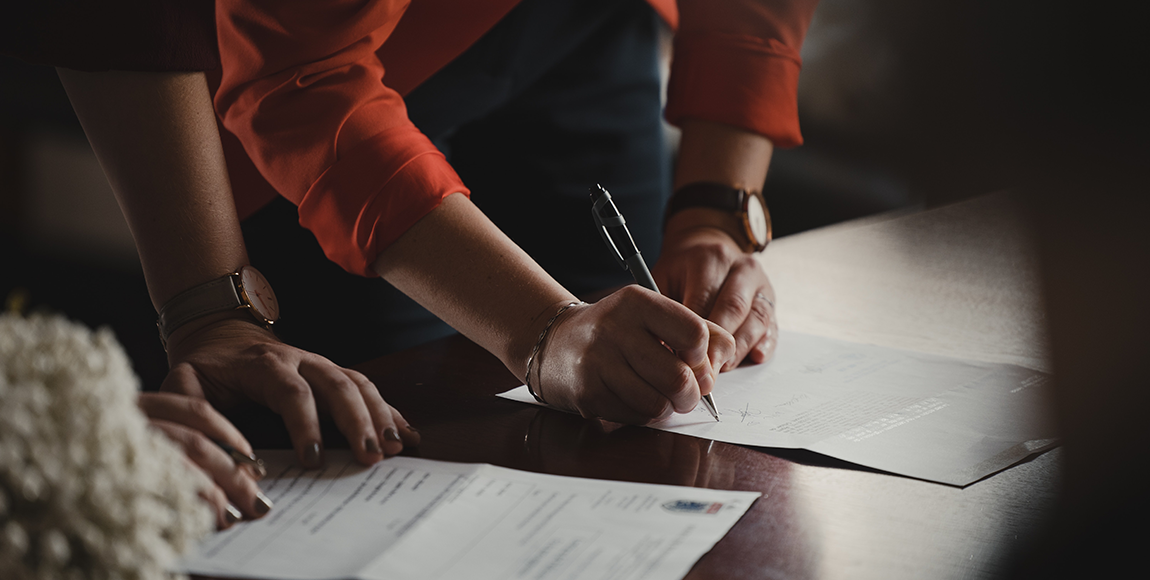
Whether you need a supplier for food, drinks, music, or decor, finding a good supplier and building that relationship from the get-go can make your journey to opening a bar that much easier.
Begin by figuring out what type of alcohol you’ll be serving. Whether you’ve chosen beer, wine, liquor, or a combination of the three, most bars will offer a number of different qualities in their selection, from house to premium. Think about how your bar fits into the market – is it angled towards craft beer, natural wine and cocktails, or something more traditional?
You will also want to consider your USP. Do you only source from local suppliers? Or perhaps your bar is all about reducing its carbon footprint with 100% recyclable materials. If you’re planning to open a bar with a vegan theme, our Nature Wines range is 100% vegan and made from 30% recycled materials. And if you need a supplier that can provide dispensing equipment for on-tap drinks, we also have a range of wine & cocktail dispenses.
Whichever route you choose to go down, it’s important to find a supplier you’re happy to use long-term and maintain a good relationship with. Losing and finding new suppliers all the time can cause disruptions to your supply chain, and give you an inconsistent quality of product.
Setting up a new bar won’t be an easy feat, but it can be very fun and incredibly rewarding. So, if you think you’ve got what it takes to open up the UK’s best bar, we can help you serve delicious cocktails to your customers, wonderful wines to your patrons, and even help with kitting out your new bar with the right accessories.
If this sounds like something you’re interested in, we would love to hear from you.
Share Post:

Draft cocktails have evolved from a passing trend, to an inevitable staple at trendy bars and popular restaurants across the UK. But what exactly is
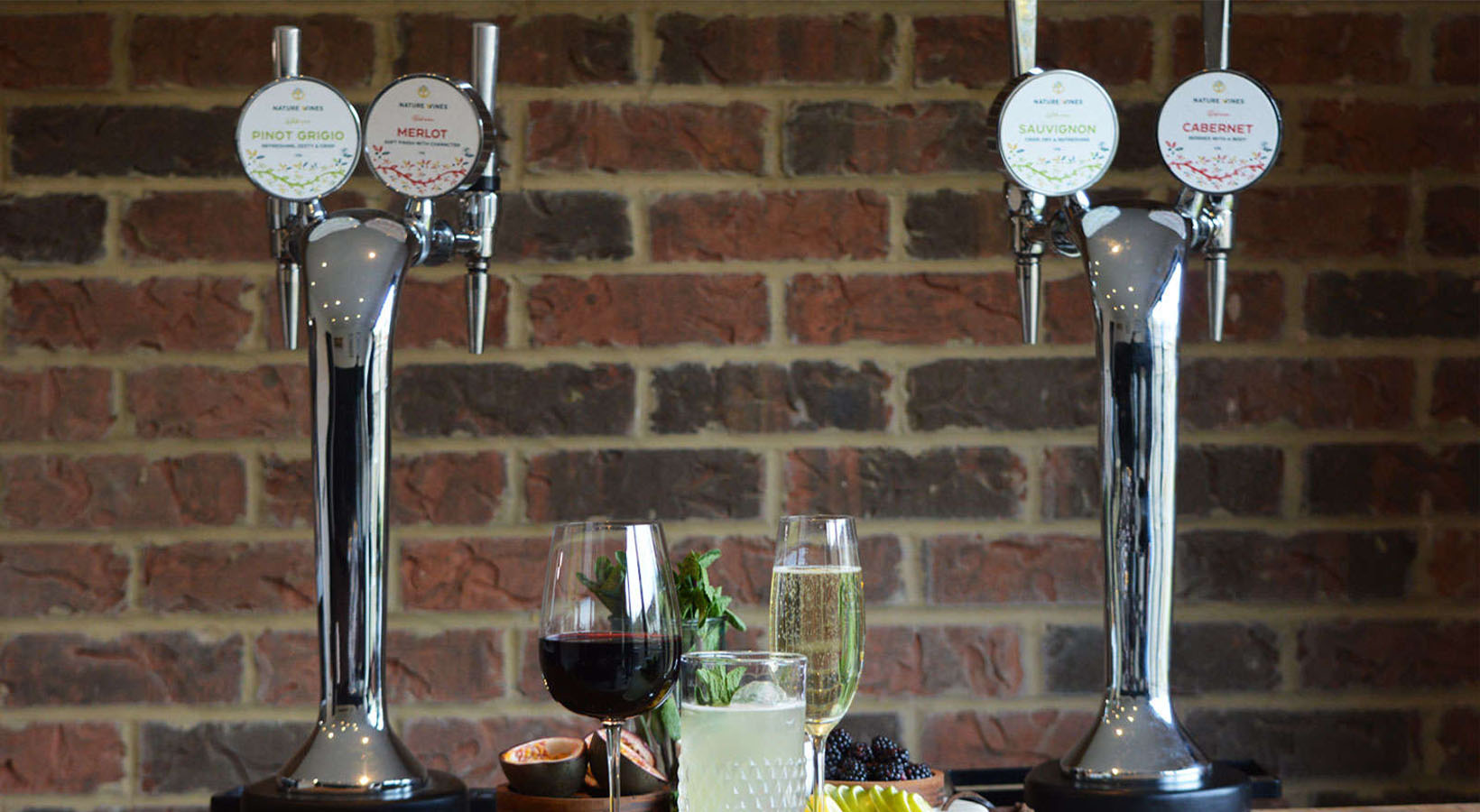
Wine on tap is growing in popularity for its practicality and value. Managing operations within a restaurant environment may feel like juggling one hundred things
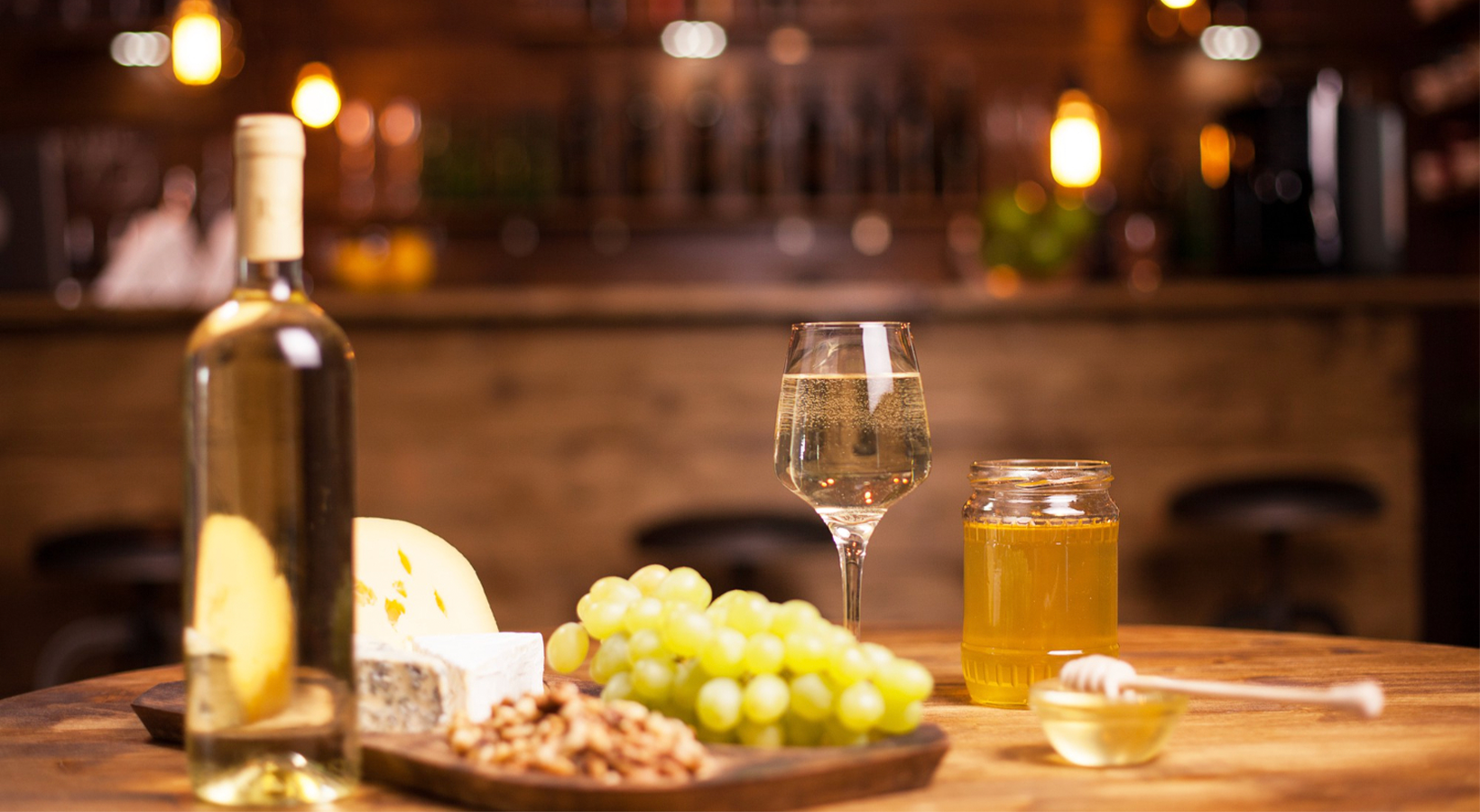
Most guides for pairing food and wine are overly strict. Truthfully, you can eat whatever you want while drinking whichever wine you choose. There are
© All Rights Reserved
Approved Alcohol Supplier – AWRS No: XWAW00000103629
VAT No: GB 113 272 944
Co Reg: 07645413
Registered Office: 75 The Mall, Swindon, Wiltshire, SN1 4JE
Approved Alcohol Supplier – AWRS No: XWAW00000103629
VAT No: GB 113 272 944
Co Reg: 07645413
Registered Office: 75 The Mall, Swindon, Wiltshire, SN1 4JE
Send us your details for a free sample